 |
| March 02, 2020 |
Dear Reader,
Tomorrow is Super Tuesday, the biggest day of the Democratic primary campaign. As Americans across the country prepare to head to the polls, let's revisit the last presidential election. Throughout 2016, voters were exposed to misleading content from certain Web sites. A new study shows that while these untrustworthy sources might have a small effect on public opinion, they did not substantially move individuals' positions about a candidate. The main problem with these sites, researchers says, is not what they post but the risk that someone in power will amplify their lies. Also in today's news: a cosmic blast that dwarfs all others; the mystery of missing monarch butterflies; and tau proteins take a leading role in combating neurodegenerative diseases. |
| | Sunya Bhutta, Senior Editor, Audience Engagement
@sunyaaa | |
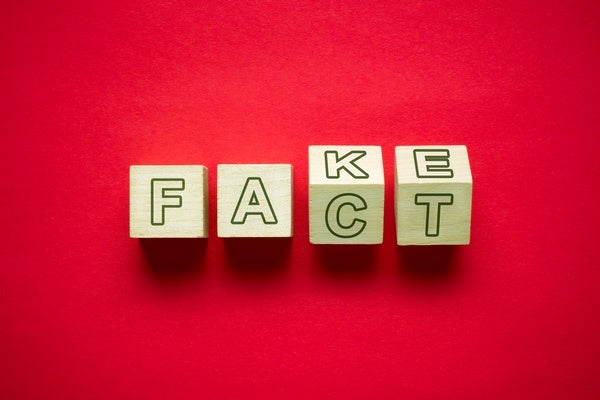 |
| |
| |
| |
| |
| |
| |
FROM THE STORE
 | | Ask the Experts: Human Body and Mind The third eBook in our Ask the Experts series, Human Body and Mind tackles questions about our own strange and mysterious biology, from how we evolved to exist this way to feats of body and mind. |  | | |
| |
FROM THE ARCHIVE
 | | | |
| |
LATEST ISSUES
 |
| |
| Questions? Comments?  | |
| Download the Scientific American App |
| |
| |



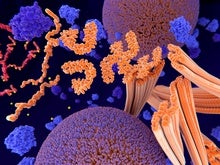
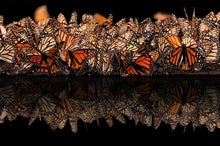
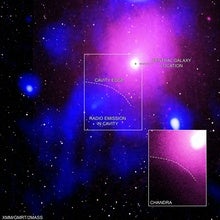


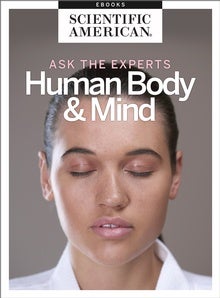


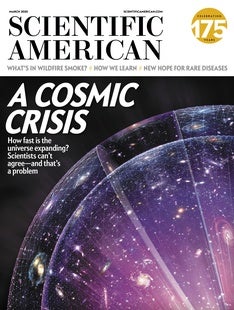

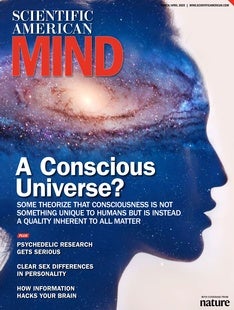
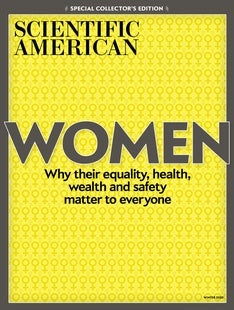
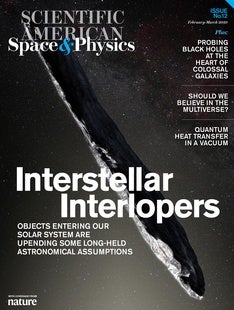



Comments
Post a Comment